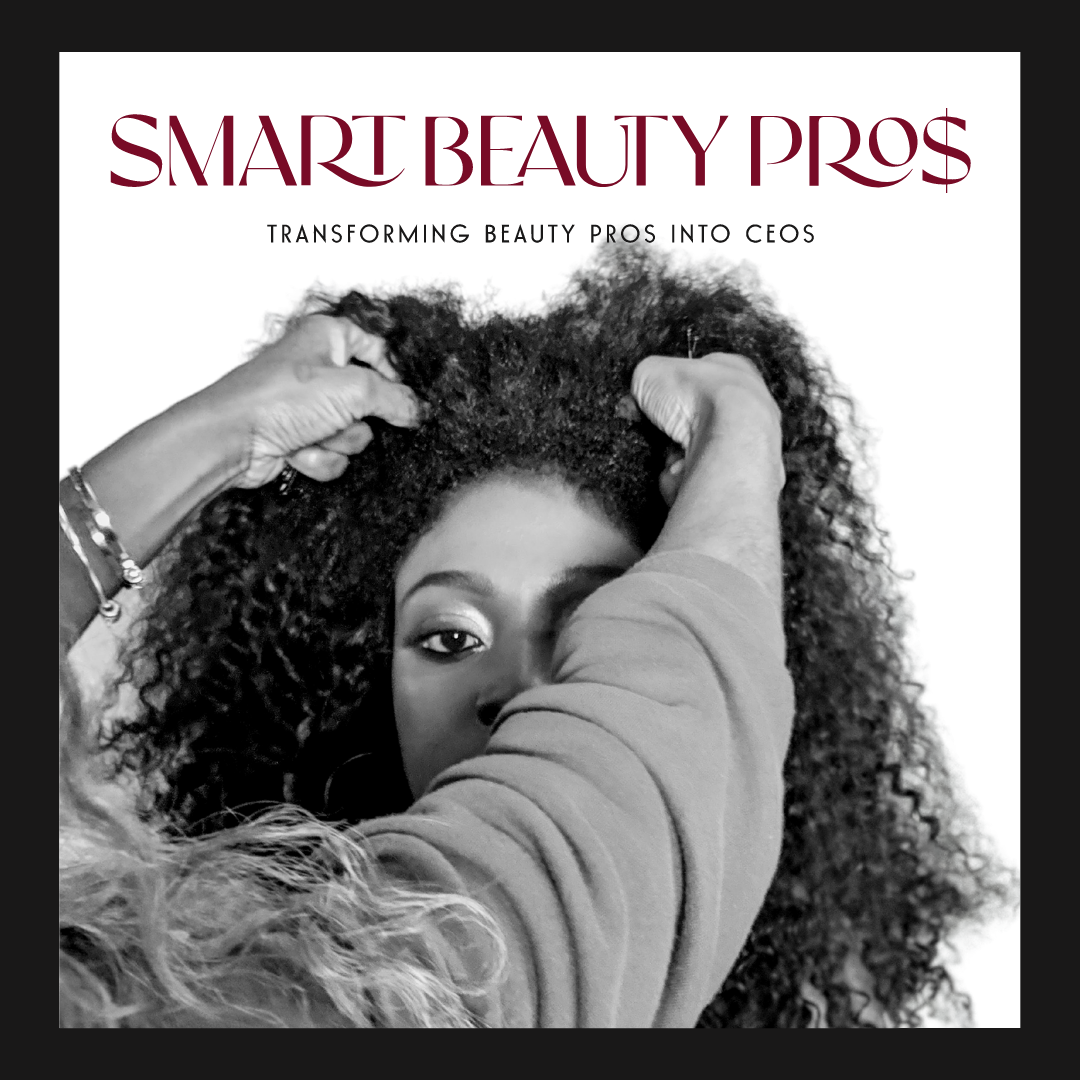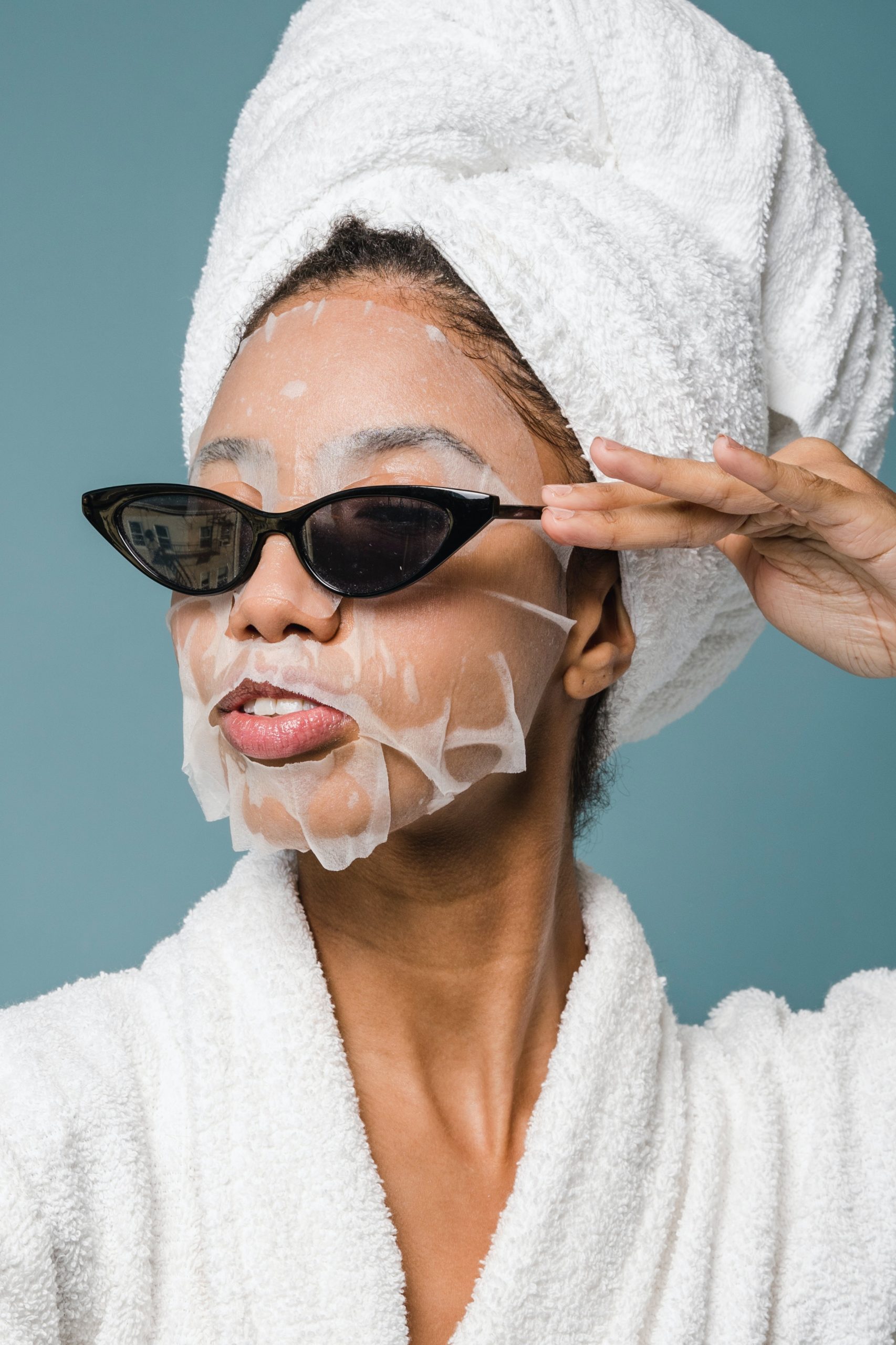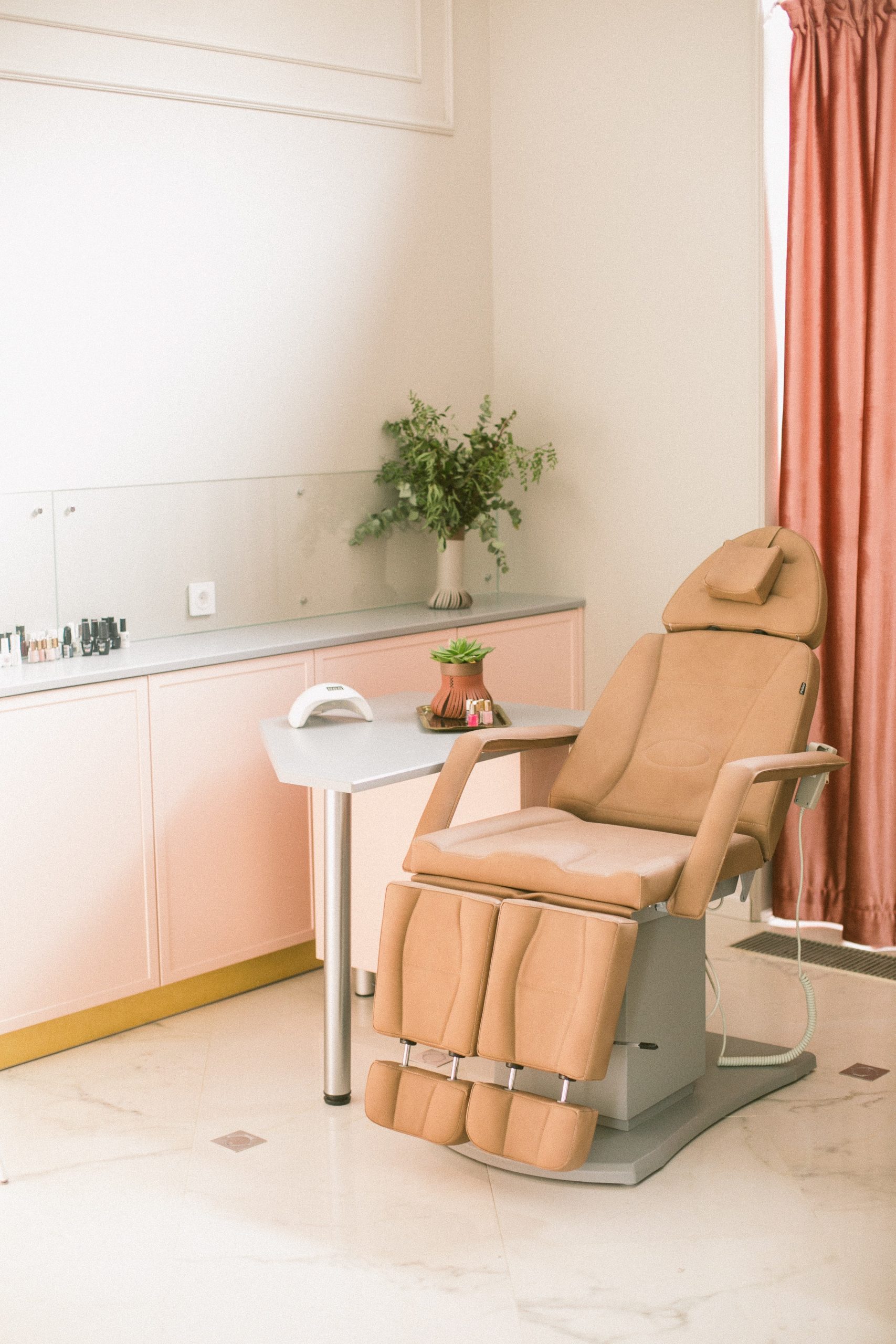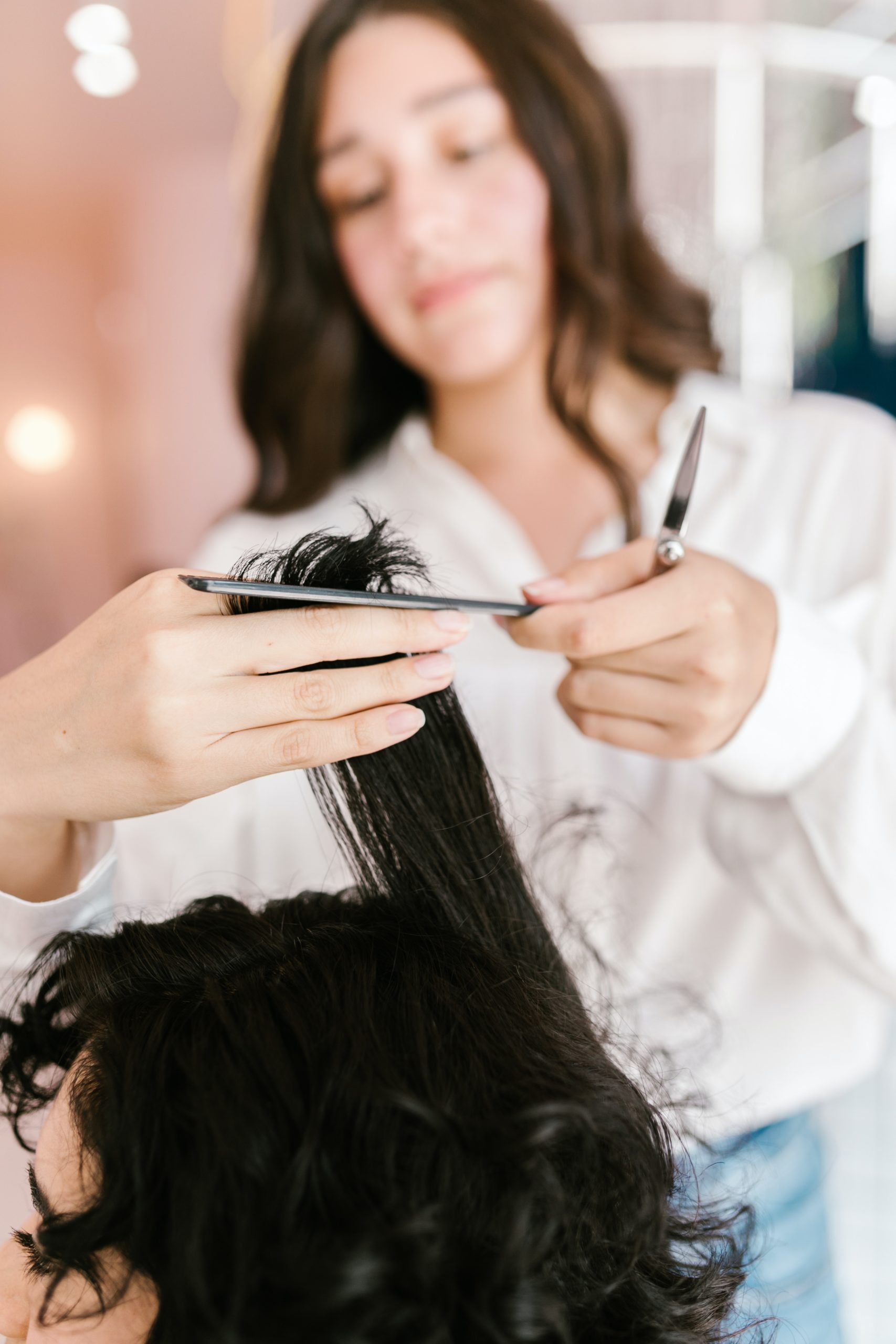The beauty industry has always been a multibillion-dollar industry, and the Black community has been a significant contributor to this success. Black women have been known to spend a considerable amount of money particularly on hair care products, skincare, and makeup. However, the Black community’s spending power in the beauty industry has not always been acknowledged or catered to by beauty brands.
The Black community’s spending power in the beauty industry is significant, and it continues to grow. In 2020, the Black community’s spending power was estimated to be over $1.4 trillion. This is a significant amount of money, and it highlights the importance of acknowledging and catering to this demographic.
One of the main areas where the Black community spends its money in the beauty industry is hair care. Textured hair is unique and requires specialized products and care. The Black hair care industry is estimated to be worth over $2.5 billion, and it continues to grow. Despite this growth, there are still many challenges that Black women face when it comes to finding the right products for their hair.
One of the biggest challenges is the lack of representation in the beauty industry. Historically, the beauty industry has been dominated by white people, and this has led to a lack of products and services that cater to textured hair. However, there has been a shift in recent years, and many beauty brands are starting to acknowledge and cater to the Black community’s hair care needs. This has led to the emergence of Black-owned beauty brands that specialize in hair care products for Black hair. These brands have been successful in meeting the needs of the Black community and have been able to tap into the Black community’s spending power in the beauty industry.
Another area where the Black community spends its money in the beauty industry is skincare. Skincare is a booming industry, and the Black community is a significant contributor to its success. Melanated skin products requires a wider range of colors, products and care, and many Black women have struggled to find products that work. Similar to the hair care industry, there has been a lack of representation in the skincare industry, which has led to a lack of products and services that cater to Black skin.
Makeup is another area where the Black community spends its money in the beauty industry. The makeup industry is estimated to be worth over $50 billion, and the Black community is a significant contributor to its success. However, the makeup industry has historically been dominated by white people, and this has led to a lack of products that cater to darker skin tones.
Many Black women have struggled to find makeup products that match their skin tone, and they have had to resort to mixing multiple products to get the right shade. This has been a frustrating and time-consuming process for many Black women. However, many beauty brands are starting to acknowledge and cater to the Black community’s makeup needs. This has led to the emergence of Black-owned beauty brands that specialize in makeup products for darker skin tones. These brands have been successful in meeting the needs of the Black community and have been able to tap into the Black community’s spending power in the beauty industry.
The Black community’s spending power in the beauty industry is significant, and it continues to grow. The Black community spends a considerable amount of money on hair care products, skincare, and makeup. Historically, the beauty industry has been dominated by white people, and this has led to a lack of representation and products



